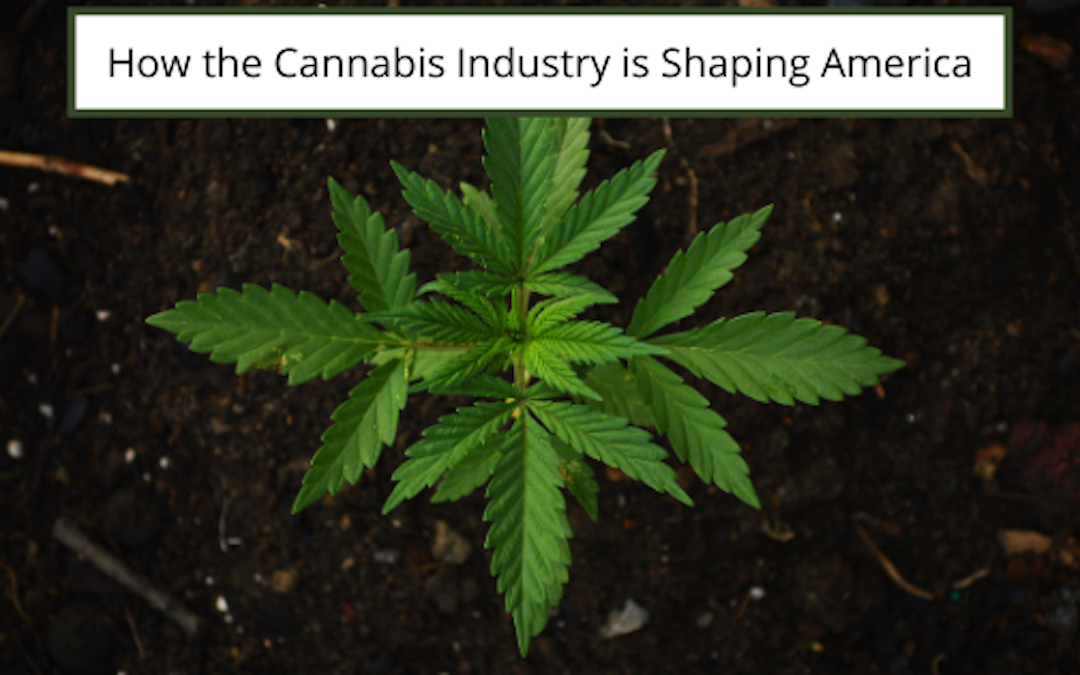Industry analysts have a hard time committing to forecasts when it comes to the U.S. and marijuana as an industry. There is enough statistical evidence to prove that there is enough potential, momentum, and demand to see the industry grow to astounding heights, while at the same time old stigmas keep clouding both the financial and the regulatory processes.
Although the marijuana plant has been used as a global healing tool for thousands of years in a variety of forms, America has taken a long time to embrace it. The medicinal benefits weren’t shown for decades so people were only informed about the recreational aspects. It was labeled as a gateway drug that would make naive users feel comfortable branching out towards more harmful substances like crack and cocaine. The Marihuana Tax Act was passed in 1937, making marijuana illegal in all forms, and the public was shown fictionalized accounts of people committing crimes and going insane after smoking marijuana in productions such as the now-parodied Reefer Madness film.
Depending on who you ask, the 1980s Reagan-era war on drugs campaign was either a resounding success or a catastrophic failure. The infamous catchphrase Just Say No uttered by Nancy Reagan and the partnerships with law enforcement led to a massive increase in the prison population on marijuana-related charges. The cannabis plant is still classified under federal law as a Schedule 1 drug, putting it in the same group as heroin and LSD, and the current administration hopes to make it illegal at both the federal and state level. America will see a drastic shift if this situation changes, however, as potentially new administrations want to legalize the substance and expunge prison records for non-violent marijuana-related offenders.
Despite the government’s outlook, individual states and the public at large have vastly shifted their views on the subject. The medical successes are outshining the negative publicity in the news and on social media. People are gradually accepting that cannabidiol or CBD is a legitimate option to alleviate pain and suffering. CBD is a natural compound found in cannabis plants that has no hallucinogenic effects, so people only experience the benefits.
Although marijuana acceptance generates billions of dollars in sales and is growing among potential researchers, manufacturers, and investors, the industry still faces resistance from the banking industry. Banks are afraid of being charged with money laundering if loaning to businesses that sell schedule 1 drugs. Most cannabis-related companies have to work on a cash-only basis, which is very risky and inconvenient. For this reason, the American Bankers Association is pushing for a bank reform bill to allow these two industries to safely merge.

